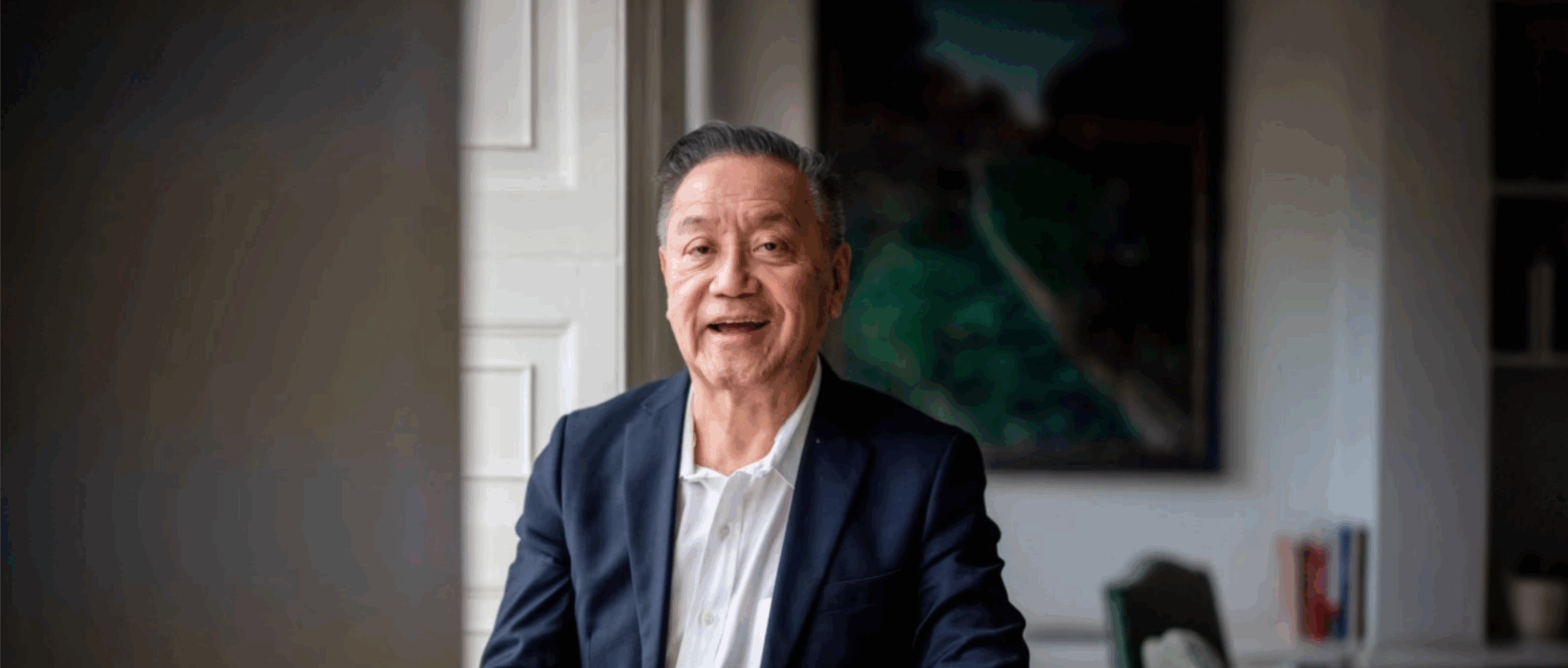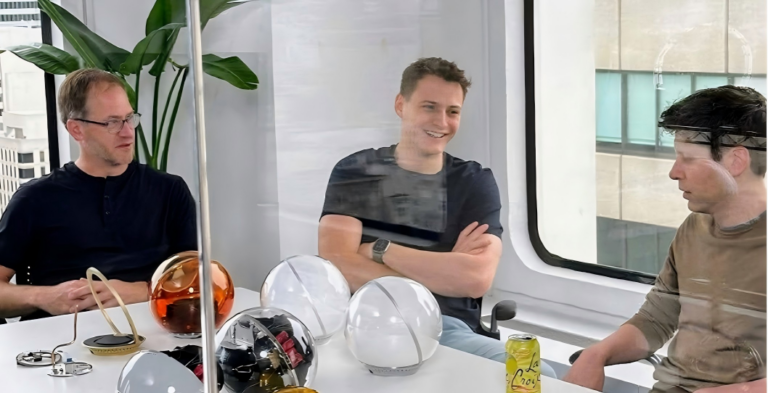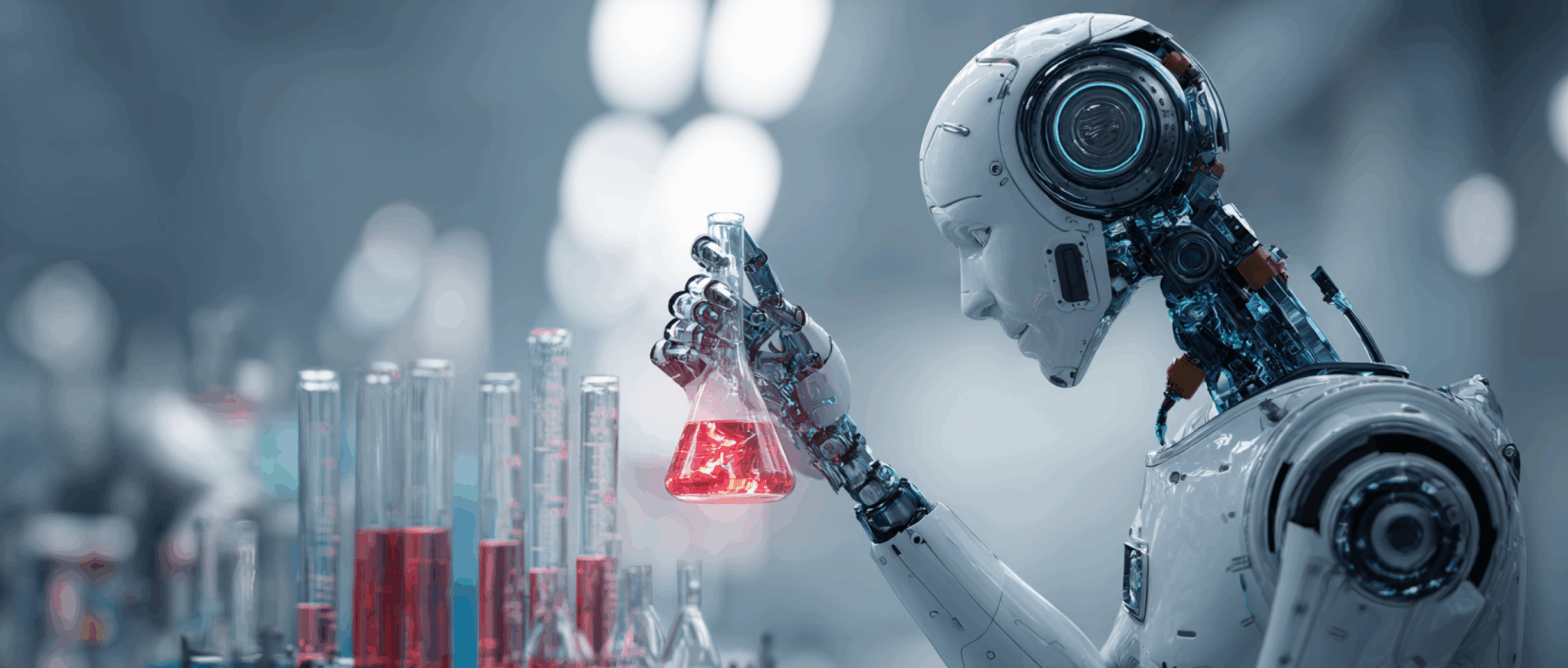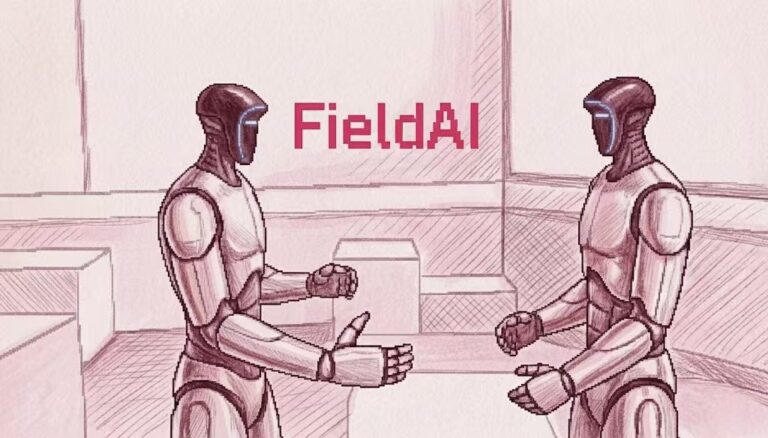Command Palette
Search for a command to run...
Hangzhou Court Officially Accepted: China’s First Facial Recognition Case!
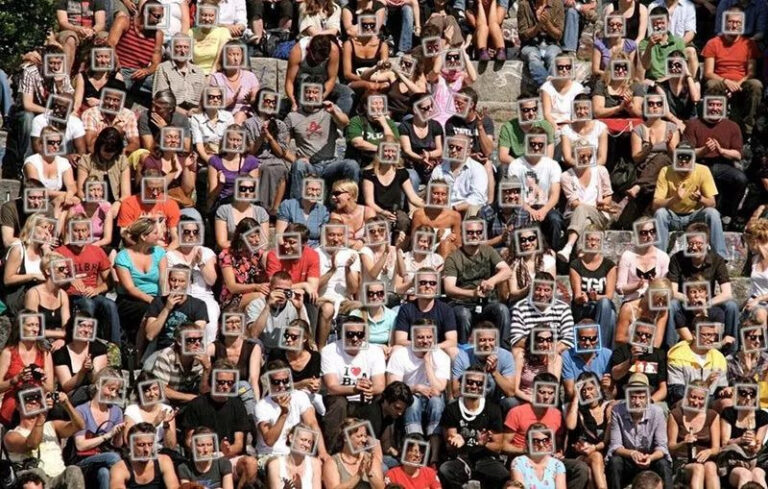
Recently, a civil lawsuit involving facial recognition in Hangzhou has sparked heated discussions, and facial recognition technology has once again been pushed to the center of public opinion. On the one hand, technology brings us convenience, but on the other hand, it also constantly causes people to worry about security. How should we view the development of this technology?
On November 1, the Fuyang Court of Hangzhou accepted a lawsuit. Guo Bing, a specially appointed associate professor from Zhejiang Sci-Tech University, was unwilling to accept the collection of facial information by Hangzhou Wildlife World. After his request to return his card was rejected, he took the other party to court.
As a result, the case became an opportunity for consumers to sue businesses. The first facial recognition case, which has attracted widespread attention.
Unsatisfied with the collection of facial information, he took the zoo to court
Here’s what happened. In April this year, Guo Bing bought an annual pass to Hangzhou Wildlife World. When he bought the pass, he was promised that within the one-year validity period of the pass (from April 27, 2019 to April 26, 2020), he couldVerify annual pass and fingerprint to enter the parkThere is no limit on the number of entries during this period.
On October 17, Guo Bing received a text message from Hangzhou Wildlife World informing him that "The park's annual pass system has been upgraded to face recognition for entry, the original fingerprint recognition has been cancelled, and users who have not registered for face recognition will not be able to enter the park normally."Prior to this, the park had not conducted any consultations with Guo Bing, nor had it obtained his consent.

On October 26, Guo Bing went to the park to confirm, and the park staff said the information was true and also made it clear thatIf you do not register for facial recognition, you will not be able to enter the park, nor will you be able to return your card or refund your fees.
Guo Bing believes that the facial information collected by the face recognition system belongs toSensitive Personal InformationOnce leaked, illegally provided or abused, it will easily endanger the personal and property safety of consumers including the plaintiff. So on October 28, 2019, he filed a lawsuit with the Fuyang District People's Court of Hangzhou.At present, the Fuyang District People's Court of Hangzhou City has officially accepted the case.
This is also the first case to go to court since the promotion of facial recognition technology, and is known as the "first facial recognition case in China." This incident has aroused the public's attention to personal privacy rights and has also caused people to think about the legal supervision of related technologies.
As early as May, San Francisco began to ban facial recognition
However, before the "first facial recognition case" occurred in China, San Francisco, USA, had already set a precedent for legal supervision on the use of this technology.
In May of this year,San Francisco Board of SupervisorsIn a vote by the Board of Supervisors, officials voted 8 to 1 to pass the world's first law banning facial recognition:Prohibit government agencies (such as police departments, sheriff's offices, traffic control departments, etc.) from purchasing and using facial recognition technology;
It also stipulates that the purchase of any similar new surveillance equipment, such as automatic license plate recognition systems, drones with cameras, etc., requires the permission of the municipal government.

"We can have safety without being a safe city, we can have good police without being a police city, and that's based on building trusted communities, not through this type of technology," said Overseer Aaron Peskin, who sponsored the bill.
With the development of artificial intelligence technology, facial recognition technology has become more and more mature and more and more popular in the market.Concert venues, homes, stores, schools, and even delivery lockers have all begun to adopt facial recognition systems.
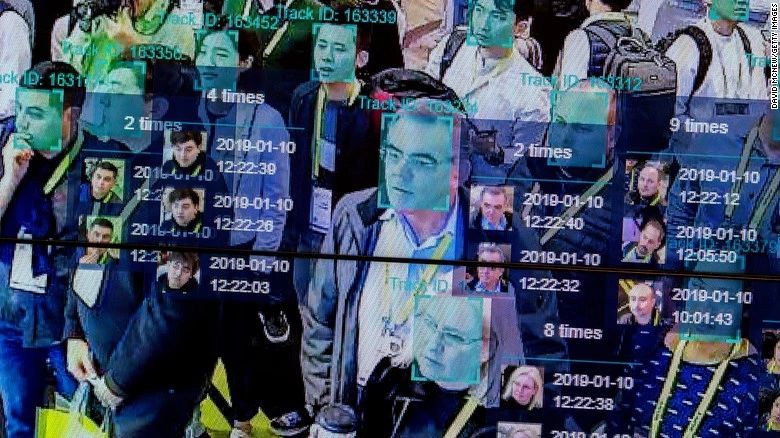
At the same time, there are growing concerns about where these systems are deployed, their accuracy, and the source of the facial data used to train them. Aaron Peskin is concerned about the technology. ‘Fundamentally invasive’, so it is recommended not to use it.
After San Francisco introduced the ban, other states in the United States also introduced similar laws. Then the whole United States began to promote related work.Regulating the use of biometric technology, including facial recognition and other body-based biometric methods such as fingerprint recognition.
Actively guide and make technology for good
Whether abroad or at home, before people raised the issue that facial recognition technology infringes on personal privacy, these technologies have already been used in many places. Consumer payments, bank card applications, hotel check-ins, security checks, and various other scenarios are gradually applying facial recognition systems. "Swiping your face" is infiltrating every aspect of our lives.
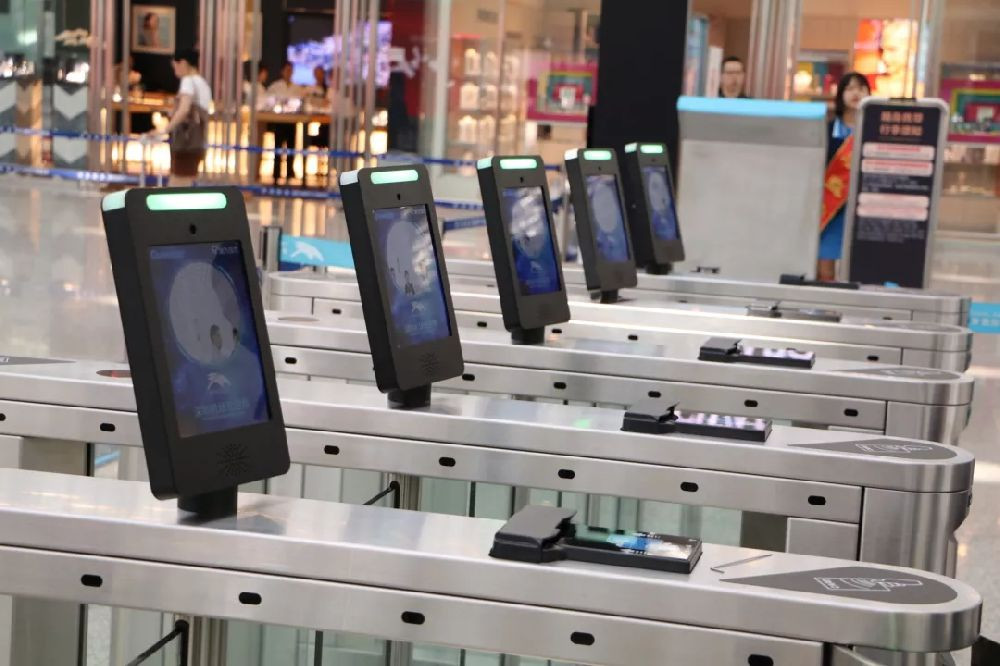
There is no doubt that technology has two sides. On the one hand, facial recognition technology canAssist the police in handling cases, identifying suspects, etc., and improve the efficiency of handling casesOn the other hand, it also causes peopleFeeling of lack of freedom, privacy being violated, identification errorsAnd other negative impacts.
In order to enable technology to better play its advantages and play a more positive role, we need to start from both its own and external supervision.
Technical difficulties have not yet been overcome
According to Amazon’s blog, the Washington State Sheriff’s Office has been using Amazon Recognize since 2016 to “reduce the time it takes to identify a reported suspect from two to three days to minutes and arrested the first suspect within a week using the new system.” But the accuracy of the facial recognition system is also questionable.
In June 2018, the ACLU said that Amazon’s facial recognition technology28 members of Congress were wrongly identified as being arrested for crimesTherefore, more than 20 non-profit organizations, including the ACLU, jointly wrote to Amazon CEO Jeff Bezos, asking him to stop selling facial recognition systems to police. Rekoginition .
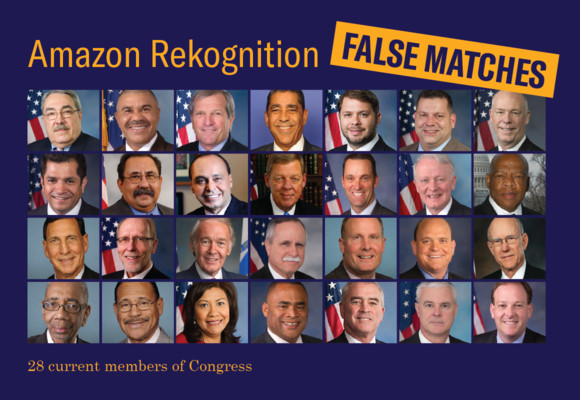
In August, the ACLU conducted a test on Rekognition. They uploaded 120 photos of legislators to Rekognition based on a basic database of 25,000 criminal suspects. The results were:The system misclassified 26 legislators as criminal suspects. This makes Rekoginition's credibility even lower.
In addition, the system also has "bias" in skin color recognition. In the test, the system has poor recognition accuracy for faces with darker skin and women. People with darker skin are more likely to be identified as suspects.
Misidentification caused by these accuracy levels can have serious consequences and even endanger life. Therefore, the ACLU believes that these technologies must be stopped before the accuracy of the technology is fully improved.
Legislative supervision needs to be improved
On the other hand, compared with European and American countries, China's privacy protection efforts are still far from enough.
In September this year, Momo launchedFace Changing Software"ZAO", which swept the Internet overnight, but after the carnival, concerns followed. ZAO's user agreement not only allows ZAO to use and modify users' portraits for free, but also allows it to be authorized to third parties at will. Amid doubts, ZAO finally modified the user agreement to ensure that users' portrait rights are not violated.
Just as the ZAO incident had subsided,Megvii's facial recognition products are used to monitor students in the classroomThis has sparked controversy again. Questions such as "violating students' privacy", "disrespecting and distrusting students", and "increasing students' pressure" have been raised.

Therefore, how these technologies are used correctly and safely is still an area that needs to be discussed by law enforcement and regulators.
Be patient and give technology time
In this era, we are indeed increasingly dependent on technology, and we also enjoy the unprecedented, sci-fi experience it brings. However, the security issues behind it have also become an obstacle on their development path. But don't forget that the times are always moving forward.
In 1803, British engineer Trevithick invented the steam locomotive., it can run on rails and carry much more cargo than a horse-drawn carriage.
However, this steam locomotive has numerous minor problems, and often has minor malfunctions, so it has to stop for repairs after traveling a certain distance, so it is not accepted by most people. It can even roll over, causing serious casualties.
The carriage owners felt that their status was challenged and formed an alliance to resist the implementation of trains for various reasons.Hundreds of years have passed, horse-drawn carriages have long since withdrawn from the stage of history, and trains have become one of the most important means of long-distance transportation.
More recently, when railways were not yet built throughout China, the planning and construction of high-speed railways received a lot of skepticism. But if you look at it now, you will understand.These high-speed trains have become an important part of China's economic development.
Although facial recognition is controversial, once the security and privacy issues are clearly defined, the benefits it brings to daily life are obvious. Of course, many technologies are still in their infancy.We need to be patient and give technology the correct guidance to move towards a brighter future.
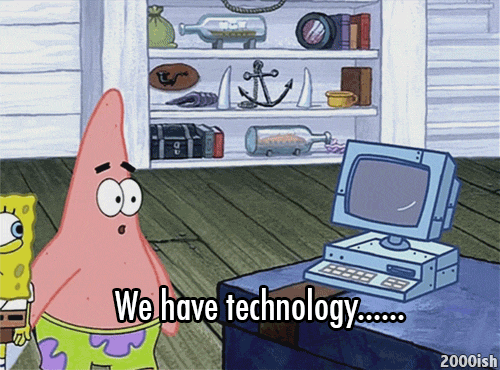
-- over--
